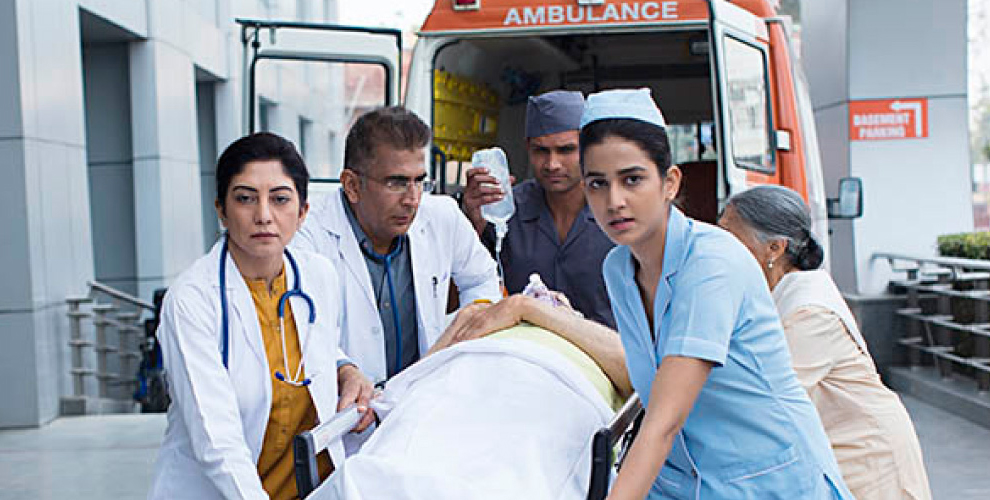
Emergency Medical Services
The Human Rights Council of India (HRCI) plays a significant role in improving emergency medical services (EMS) to ensure that all individuals receive timely and adequate medical care in critical situations. Here’s how the HRCI contributes to enhancing these services:
Advocacy for Access and Quality
The HRCI advocates for universal access to emergency medical services, emphasizing that every individual, regardless of socioeconomic status, should have access to timely and effective care. The council campaigns for the improvement of EMS infrastructure, including the expansion of emergency care facilities and the availability of essential medical resources. By raising awareness about the importance of equitable and high-quality emergency care, the HRCI influences policy changes and resource allocation.
Policy Recommendations
The HRCI actively participates in the development and reform of policies related to emergency medical services. The council provides recommendations for enhancing EMS systems, including the integration of advanced technology, improved training for medical personnel, and streamlined emergency response protocols. These recommendations are based on research and consultations with healthcare professionals, aiming to create a more effective and responsive EMS framework.
Monitoring and Evaluation
The council monitors the performance of EMS systems to ensure they meet human rights standards and effectively serve the public. This involves assessing the availability and quality of emergency care, investigating complaints of inadequate services, and evaluating the response times and outcomes of emergency medical interventions. By identifying areas for improvement, the HRCI helps drive reforms that enhance the efficiency and reliability of EMS.
Support and Advocacy for Victims
The HRCI supports individuals who face challenges accessing emergency medical services, particularly those from marginalized or vulnerable groups. This includes advocating for their rights to receive timely and appropriate care and addressing cases where individuals have been denied essential medical services. The council’s advocacy ensures that victims’ concerns are addressed and that systemic issues are rectified.
Training and Capacity Building
The HRCI promotes training and capacity building for EMS personnel. This includes organizing workshops and seminars to improve the skills and knowledge of emergency medical responders, ensuring they are equipped to handle various critical situations effectively. Training programs focus on best practices in emergency care, human rights considerations, and the ethical treatment of patients.
Collaboration with Stakeholders
The HRCI collaborates with government agencies, healthcare providers, and non-governmental organizations to enhance emergency medical services. By fostering partnerships and coordinating efforts, the council helps implement effective solutions and share best practices in emergency care. These collaborations also facilitate resource sharing and the development of comprehensive emergency response plans.
Public Awareness and Education
Through public awareness campaigns, the HRCI educates the community about the importance of emergency medical services and the rights of individuals to receive timely care. These campaigns help inform the public about how to access emergency services and the steps to take in medical emergencies.
In summary, the Human Rights Council of India contributes to improving emergency medical services by advocating for access and quality, providing policy recommendations, monitoring and evaluating services, supporting victims, promoting training, collaborating with stakeholders, and raising public awareness. These efforts ensure that emergency medical services are effective, equitable, and responsive to the needs of all individuals.
